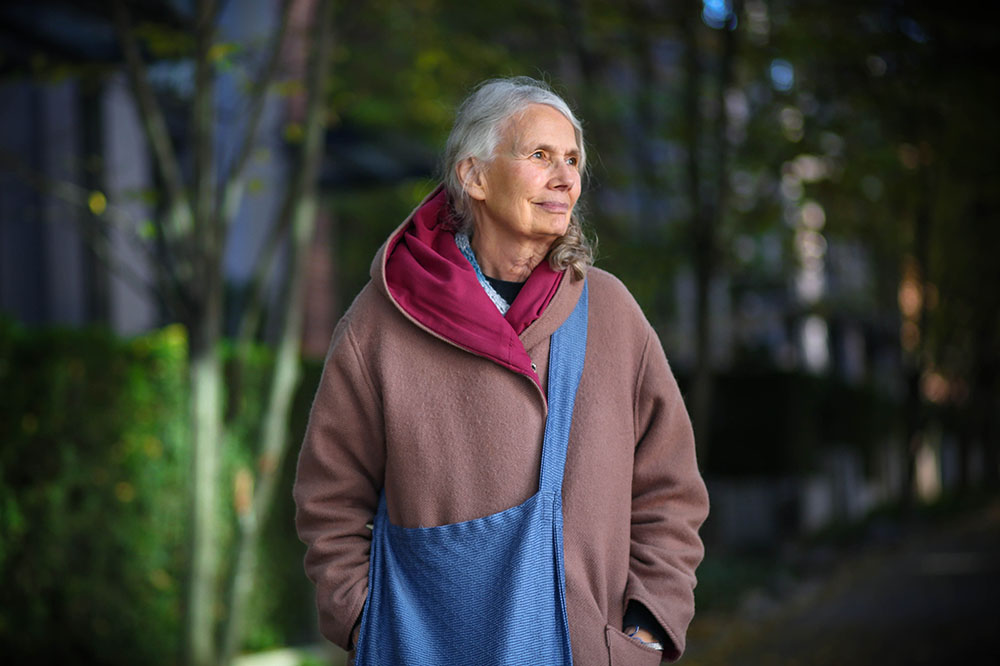Last week, a Westside Vancouver renter contacted me to say that she and two other tenants in her building were being evicted. The landlord had given each tenant a different reason for their eviction. One was told their unit needed to be renovated, another that the landlord planned to use the unit, and the third that a building caretaker needed to use the unit.
It didn’t surprise me — these are all common ways that landlords try to evict long-term tenants, and I'm hearing more and more from renters in similar situations.
No wonder. If a landlord successfully evicts a long-term tenant, that landlord can turn around and jack up the rents for new tenants as much as they like. In Vancouver that's an average of 43 per cent according to a recent rental market housing study done by the Canada Mortgage and Housing Corp.
When tenants move out of a unit, landlords can raise rents to whatever the market will bear.
In Vancouver, with a vacancy rate less than 1 per cent, the most extreme examples are found in Kerrisdale, where the average monthly rent for an occupied one-bedroom apartment is $1,633 and the average rent for a vacant unit is $2,729; and downtown, where the average rent for an occupied bachelor apartment is $1,574, while the average for a vacant unit is $2,805, according to the data table cited in the report.
"Interestingly, average rents for new 2-bedroom units ($2,823) were nearly identical to the asking rent ($2,865) for vacant 2-bedroom units of all ages. Rental demand is such that owners of existing units can, in some cases, seek rents that are equal to those for new units,” the CMHC report said.
Shocking as those rent increases are, there is a silver lining. That’s because these statistics focus our attention on a simple measure the British Columbia government could take to lower rents, reduce the number of renovictions, and free up affordable housing. That’s right: one measure that would actually make a real difference in solving our housing crisis.
That measure is vacancy control. Added to the province’s rent control laws, landlords wouldn't be able to raise rents as much as they like when a tenant leaves. Different forms of vacancy control exist now in Manitoba, P.E.I and U.S. cities like New York, Washington, D.C., and San Francisco.
If Vancouver adopted a vacancy control policy, landlords wouldn't have an incentive to evict long-term tenants — for example, in one building in the Downtown Eastside where the landlord is trying to evict long-term tenants who pay around $560 for a single room, and renting to new tenants for $1,700 a month.
Over half of Vancouver’s population rents. With more than 60,000 purpose-built apartment units in the city and a turnover rate of 10.8 per cent last year, 6,000 rental units could be kept affordable each year after the current tenant leaves.
Instead of rents rising on average 43 per cent, these units would rise the allowable annual increase — two per cent this year, for example — even if their tenant dies or leaves. This would free up more apartments at lower rates for folks who need them.
Without vacancy control, we lose up to 6,000 affordable housing units each and every year. It would cost governments about $3-billion at $500,000 per unit to build 6,000 affordable social housing units just to replace the affordable units lost because we don't have vacancy control.
Instead of billions of dollars flowing into the hands of landlords — which are, increasingly, multinational investment vehicles — vacancy controls would keep that money in renter hands, reducing inflation, and letting tenants spend their savings at local businesses and on things that they need.
Governments can do lots of other things to make rental housing more affordable. Building thousands of units of non-market rental and co-op housing is key. Raising welfare and disability rates so people who depend on that income have enough funds for rent, food and other necessities is also crucial. Raising the amount of the SAFER rent limit for seniors would help a lot of seniors who, in Vancouver, can only use the SAFER supplement to reduce their rent payments to 30 percent of their income if their rent is $803 a month or less. Buying single-room occupancy hotels and renovating them or building new shelter rate housing on sites they occupy are all key.
But if we don’t have vacancy control, we will lose affordability in old units faster than it can be created with new non-market units.
The landlord association opposes vacancy control mightily, calling it “the death knell for rental home construction.” But it wasn’t a death knell in the 1970s, when British Columbia did have vacancy controls.
According to a 2021 City of Vancouver report, vacancy controls had “no discernible impacts in Vancouver” on disinvestment and deterioration of the rental stock.
Besides, vacancy control can be targeted, for example, to buildings that were built before a certain year — it wouldn’t necessarily need to apply to units in new, expensive-to-build buildings.
That 43 per cent rent increase figure should be a wake-up call to the city and the province that it's time to listen to renters, not landlords, and bring in a simple vacancy control law. ![]()
Read more: Rights + Justice, Housing
















Tyee Commenting Guidelines
Comments that violate guidelines risk being deleted, and violations may result in a temporary or permanent user ban. Maintain the spirit of good conversation to stay in the discussion and be patient with moderators. Comments are reviewed regularly but not in real time.
Do:
Do not: